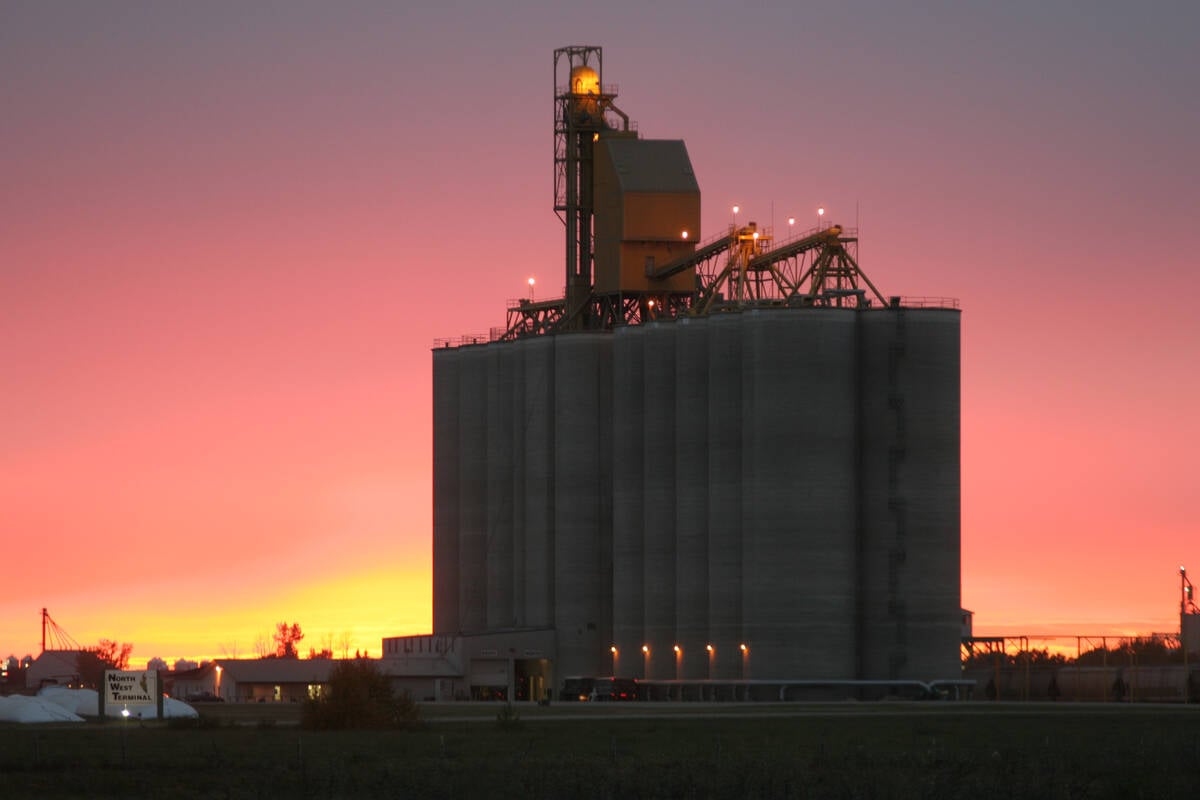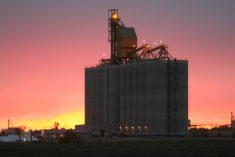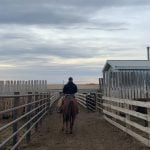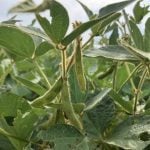NASHVILLE, Tenn. – Restoring beef markets in Asia remains a frustration for American producers and U.S. agriculture secretary Mike Johanns.
Access to the lucrative Japanese market is limited and non existent in South Korea, where disputes continue over the safety of American beef. Producers’ best bet may be a ruling from the world animal health organization, which is reviewing applications from the United States and 20 other countries to have their BSE status graded as controlled.
The U.S. has submitted its BSE control strategy, including the results of 800,000 tests conducted under the enhanced surveillance plan, where only three positive cases were found.
Read Also

Bunge to acquire North West Terminal Ltd.
Bunge plans to buy the assets of North West Terminal in Unity, Sask.
“We are prepared to live by international guidelines. We demand other countries, our trading partners, do the same,” Johanns told the National Cattlemen’s Beef Association convention Feb. 2 in Nashville.
“We believe in the golden rule for trade, that is we would do what we expect others to do, and we would expect others to abide by international standards.”
That is part of the rationale behind a minimum risk rule to open trade more fully to Canada. Known as Rule 2, the new regulation could allow beef and cattle older than 30 months to enter the country. The U.S. Department of Agriculture is now seeking public comment on the rule, which could last 90 days.
USDA analysts do not believe implementing the rule would make a difference to American trade. Canada found more cases of BSE last year and countries such as Japan did not halt trade, which means an infected Canadian animal found in the U.S. should make no difference in negotiations.
The main frustration centres on South Korea, which accepted three loads of American beef and rejected them because they contained bone chips. No further trade has been allowed.
“Our beef is safe and it should be in Korea,” Johanns said.
About 45 percent of beef eaten in South Korea is domestic product. The rest is imported.
The U.S. is negotiating a free trade agreement with South Korea that focuses on rice, beef and automobiles. Korea wants to sell more cars to the U.S., said NCBA trade lawyer Gary Horlic, which means it is likely to bend on beef.
Chuck Lambert, an undersecretary at the USDA, is working on beef negotiations in Asia.
He said there have been some successes, but if the U.S. hopes to export 2.5 billion pounds of beef by 2010, more markets must open.















